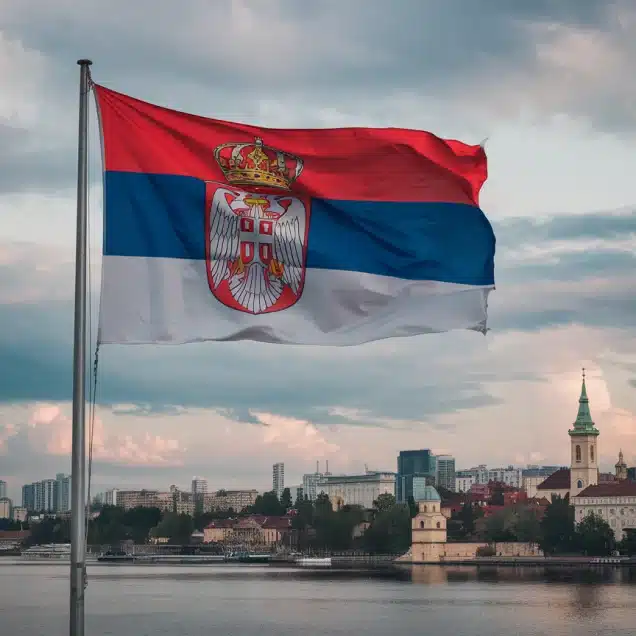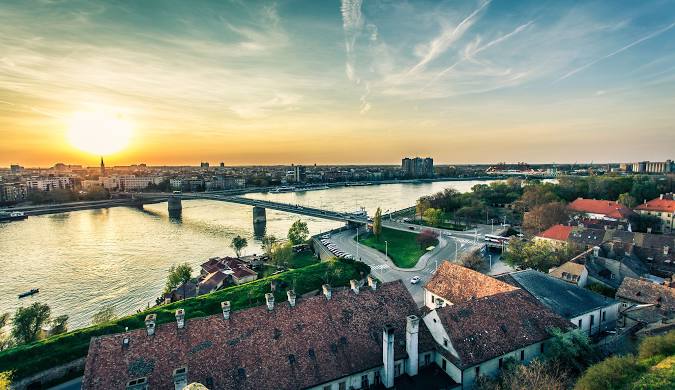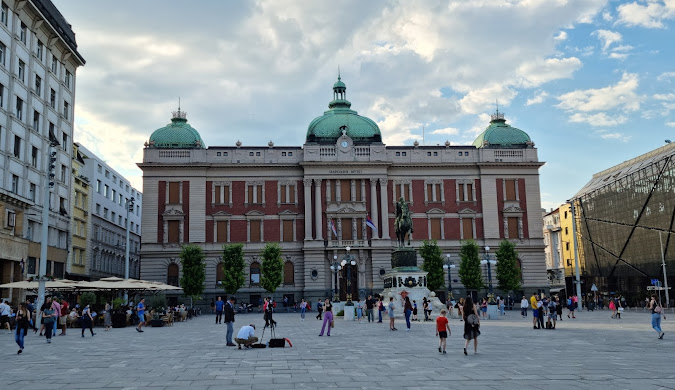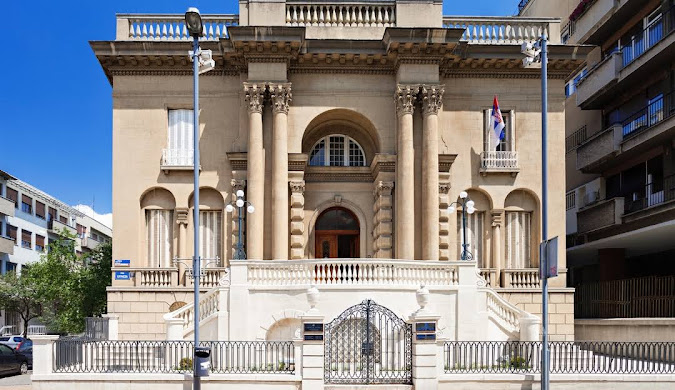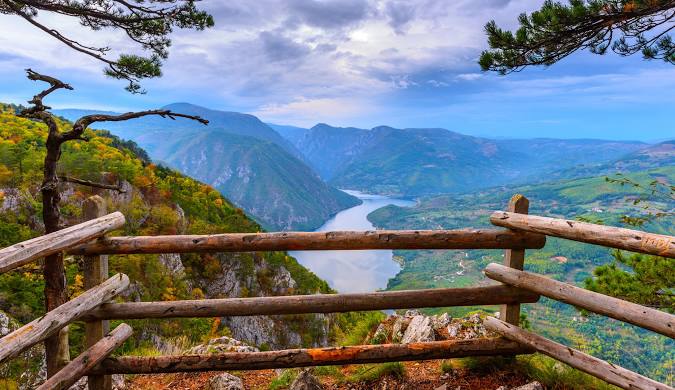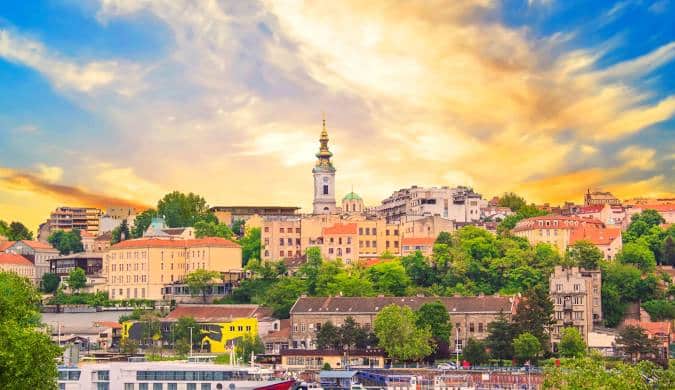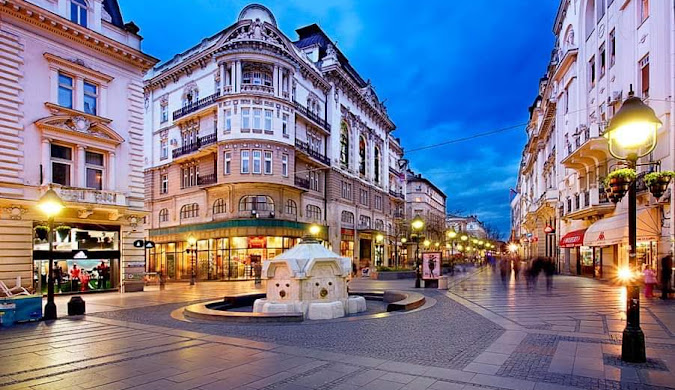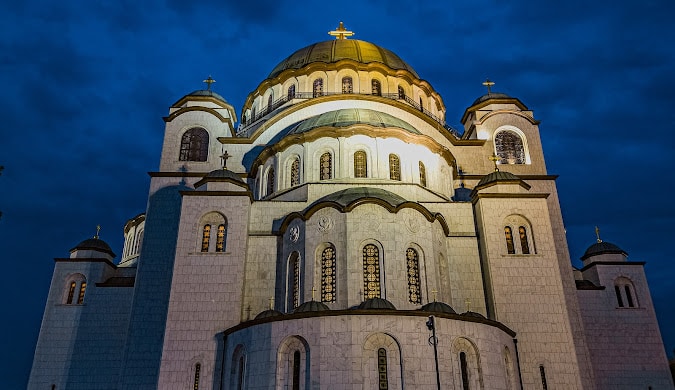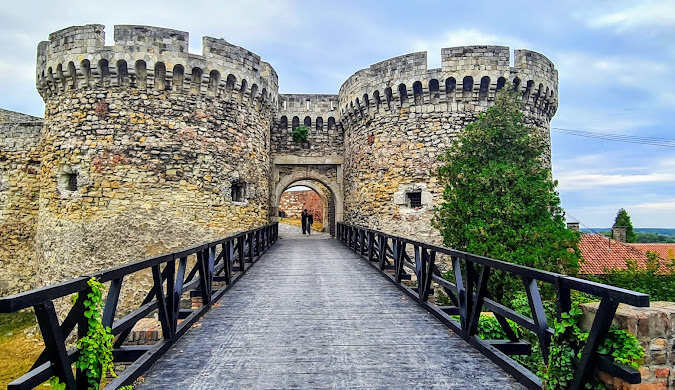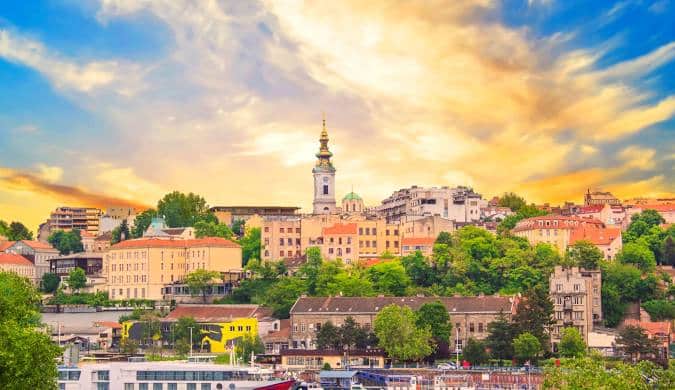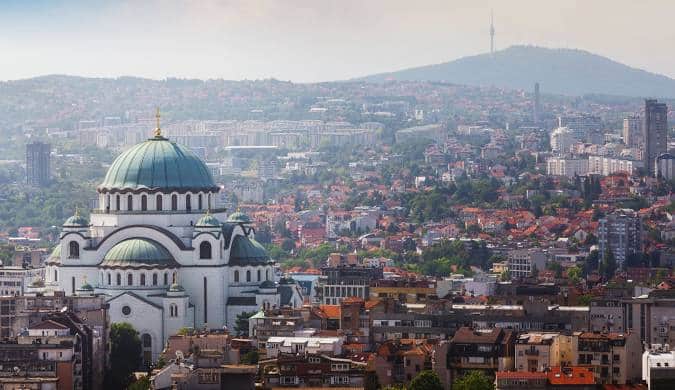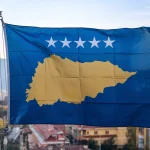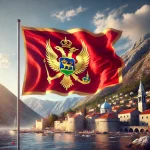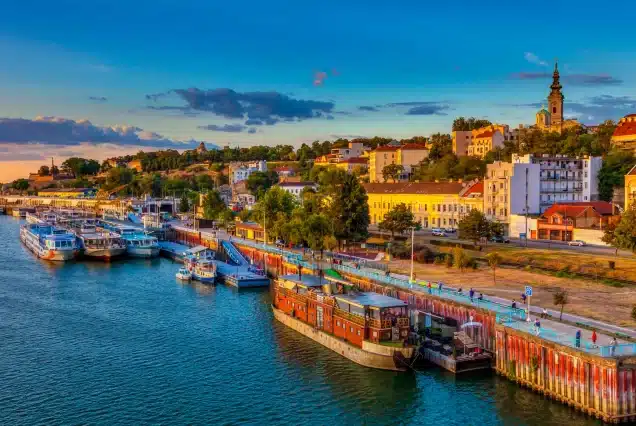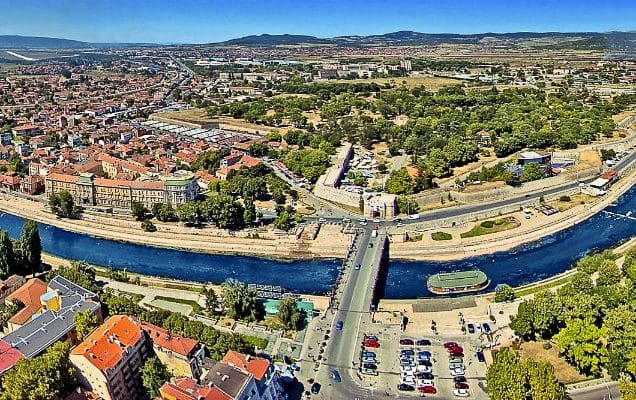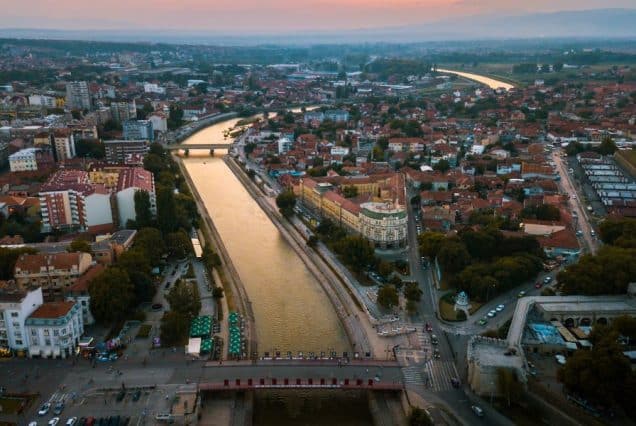

Discover Serbia
Sights
Map
Info
Serbia is a country rich in history, offering both cultural and natural beauty. Its capital, Belgrade, is a vibrant destination known for its nightlife, historical landmarks, and lively social scene. When planning your trip, it’s helpful to be informed about visa and passport requirements, transportation and accommodation options, and dining and cultural practices. Additionally, practical tips about the local cuisine, shopping opportunities, and language barriers can help you make the most of your visit.
Visa and Passport Requirements
Visa-Free Entry: Citizens of the European Union, Turkey, and many other countries can enter Serbia visa-free for up to 90 days.
Passport Validity: Visitors must ensure their passport is valid for at least six months from the date of entry into Serbia.
Visa Application: Travelers from countries requiring a visa can apply through Serbian embassies or consulates.
Transportation
Buses: Buses are widely used for both intercity and intracity travel, and they are generally affordable.
Taxis: Taxis are a convenient and affordable way to get around, particularly in Belgrade.
Car Rentals: Renting a car is popular for exploring rural areas; traffic drives on the right.
Accommodation
Luxury Hotels: Five-star hotels are available in major cities like Belgrade and Novi Sad.
Mid-range Hotels: Affordable and comfortable hotels near city centers offer convenient stays.
Hostels and Apartments: Budget-friendly hostels and short-term rental apartments are widely available for travelers seeking economical options.
Dining
Local Cuisine: Serbian cuisine is known for its meat-based dishes like cevapi, pljeskavica, and sarma, influenced by both Balkan and Mediterranean flavors.
Restaurants: Traditional Serbian food is widely available, and you can also find international cuisine in larger cities like Belgrade.
Coffee Culture: Coffee is an important part of social life in Serbia, with numerous cafés where locals and tourists alike enjoy the experience.
Cultural Considerations
Religion and Beliefs: Serbia is predominantly Orthodox Christian, and it is important to be respectful when visiting churches and religious sites.
Dress Code: Casual and modern attire is common, but more conservative clothing is recommended when visiting religious sites.
Hospitality: Serbians are known for their hospitality, and politeness in social interactions is highly valued.
Language
Official Language: Serbian is the official language, though English is widely spoken in tourist areas.
Foreign Language: Knowing basic Serbian phrases or using translation apps can be helpful, especially in smaller towns.
Translation Apps: Translation tools and apps can help bridge communication gaps, particularly outside major cities.
Technology and Communication
Wi-Fi Access: Free Wi-Fi is widely available in city centers, hotels, and cafés.
Mobile SIM Cards: Local SIM cards are easy to obtain, offering affordable data plans for visitors.
Shopping and Payment
Cash and Cards: Cash is commonly used, but credit cards are accepted in most larger businesses in urban areas.
Currency Exchange: The Serbian Dinar (RSD) is the official currency, and Euros or other currencies can be easily exchanged at currency exchange offices.
Bargaining: Bargaining is common in traditional markets and is part of the local shopping experience.

